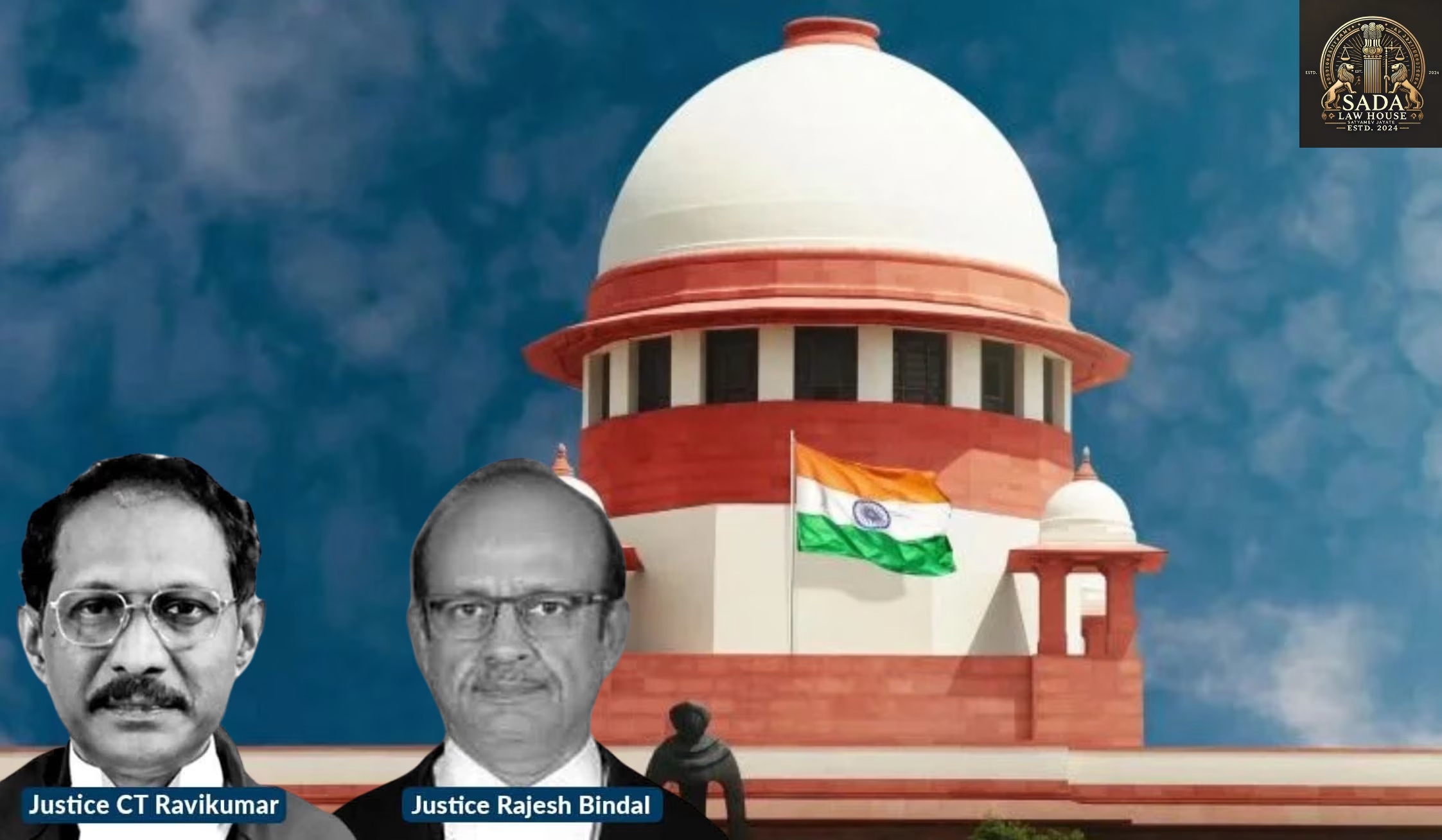The Supreme Court clarifies that the 30-day timeline to appeal a Juvenile Justice Board’s preliminary assessment order is directory, not mandatory. Read about this pivotal judgment in Child in Conflict with Law v. State of Karnataka (May 7, 2024), and its impact on juvenile justice in India.
Introduction: A Landmark Judgment in Juvenile Justice Law
The Supreme Court of India‘s ruling in Child in Conflict with Law through His Mother vs. State of Karnataka (May 7, 2024) marks a significant development in how Indian courts approach serious offenses involving minors. This case interprets the Juvenile Justice (Care and Protection of Children) Act, 2015, especially concerning the preliminary assessment process, appeal timelines, and trial jurisdiction.
This ruling addresses whether the 30-day timeline to file an appeal against a Juvenile Justice Board (JJB) preliminary assessment is mandatory or directory, and whether the Children’s Court or Juvenile Justice Board holds appropriate jurisdiction in such cases.
Case Background and Key Facts
In this case, a minor was accused of serious offenses, including sexual assault under the Indian Penal Code (IPC) and the Protection of Children from Sexual Offences Act (POCSO Act).
The Juvenile Justice Board initially ruled that the minor should be tried as an adult. However, this order was reversed in the absence of the Principal Magistrate.
The child’s mother challenged the reversal, arguing for the original decision to stand—seeking a trial in the Children’s Court. The Karnataka High Court upheld her petition, prompting the State of Karnataka to escalate the matter to the Supreme Court.
Legal Issues Considered by the Court
Are Timelines Under the Juvenile Justice Act Mandatory or Directory?
The Court examined Section 14(3) of the Juvenile Justice Act, 2015, which stipulates a three-month timeline for completing the preliminary assessment by the JJB. The key question: Is this timeline legally binding (mandatory), or is it advisory (directory)?
Jurisdiction of Children’s Court vs Juvenile Justice Board
The Court also assessed whether a trial can proceed in the Court of Sessions when a designated Children’s Court is not established. The interpretation of the Act’s terminology played a crucial role in resolving this jurisdictional issue.
Supreme Court Judgment Summary
In its May 7, 2024 ruling, the Supreme Court clarified:
The 30-day appeal timeline under the Juvenile Justice Act is directory, not mandatory. This allows flexibility to accommodate the complexities of individual cases.
Procedural deadlines should not override the substantive right to a fair trial, especially in juvenile cases.
The terms Children’s Court and Court of Sessions are functionally interchangeable under the Act, ensuring that jurisdiction is not lost due to administrative designations.
The Court affirmed the High Court’s direction to conduct the trial in the Children’s Court, emphasizing a child-friendly, rehabilitative approach rather than a strictly punitive one.
Conclusion: A Balanced Approach to Juvenile Justice
This judgment underscores the judiciary’s commitment to balancing child rights with societal protection. By declaring the timeline for appeal as directory, the Court prevents procedural rigidity from hampering justice. It also highlights the importance of rehabilitative over punitive measures in juvenile justice.
The case reinforces that procedural safeguards must align with the best interests of the child, ensuring that the legal system remains compassionate, equitable, and just.
Case Details at a Glance
Case Name: Child in Conflict with Law through His Mother vs. State of Karnataka
Date of Judgment: May 7, 2024
Citation: [2024] 6 S.C.R. 234; 2024 INSC 396
Presiding Judges: Justice C.T. Ravikumar and Justice Rajesh Bindal
Relevant Laws: Juvenile Justice Act 2015, IPC, POCSO Act







